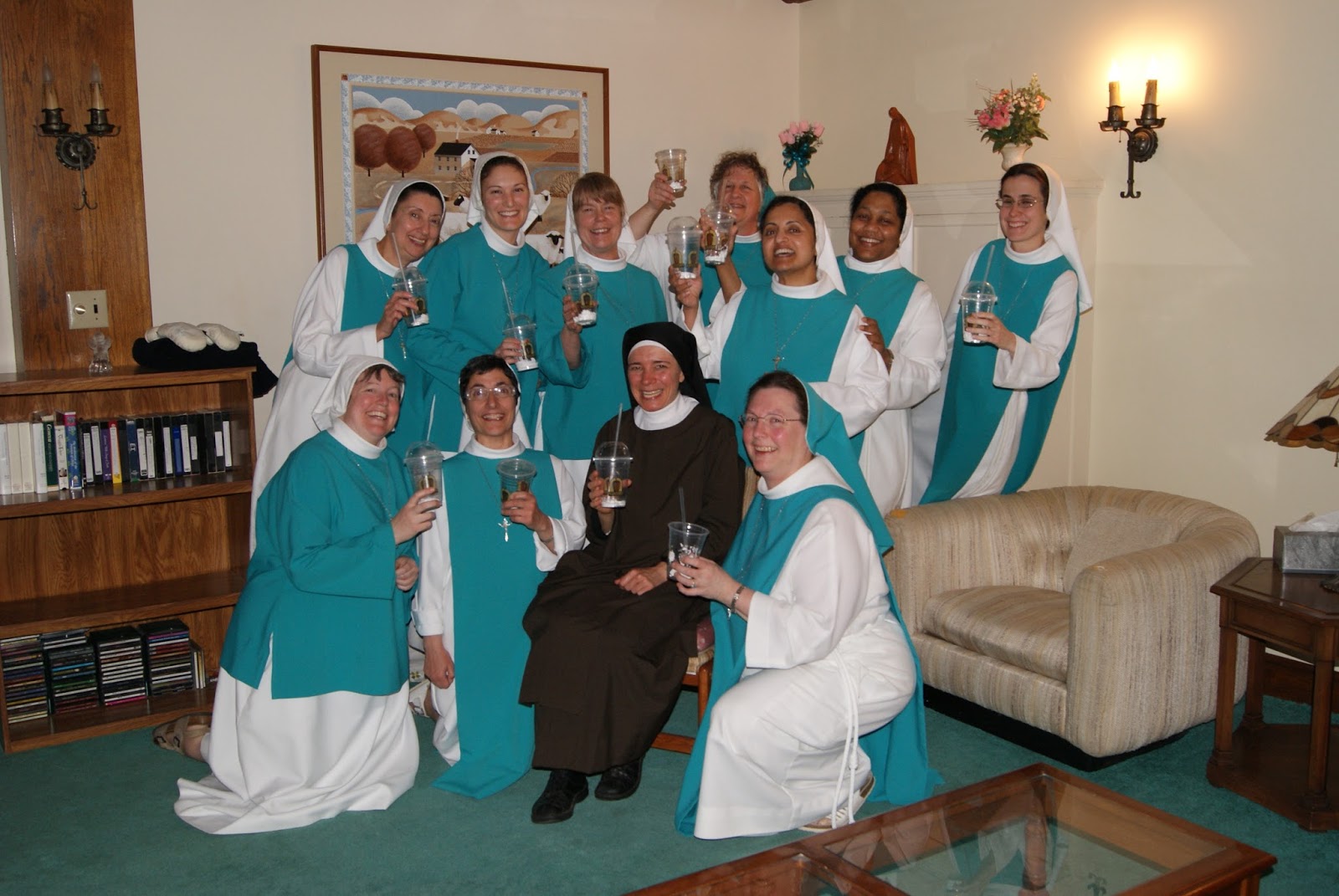This past week, I had an amazing conversation with a good
friend of mine (I’ll call him Patrick) about vocation. Patrick and I both
discovered we were in a very similar place in our lives and in our hearts, and
what resulted was a most blessed (and, in my view, long-overdue) dumping
session about relationships, marriage and celibacy, our hopes for the future,
and God’s plan for our lives.
This is a big question among young adults (at least, within
Catholic/Christian circles): What IS my vocation?
Vocation.\vō-ˈkā-shən\ noun.
a: a summons or strong inclination to a particular state or course of action
a: a summons or strong inclination to a particular state or course of action
I think the
element of “calling” is particularly important to vocation. Most of us will agree that there is something very different between taking some course of action just to make ends meet or to have an experience versus doing so because we feel it is our "call", our passion, perhaps even a major purpose of our life! God has a
unique plan for each of our lives. Through our experiences, He offers us
opportunities to grow and to learn, so as to be able to live that plan fully.
He calls us (“summons” us, if you speak like Merriam-Webster) to serve Him and
others in a particular way, the way that best allows us to develop and share
the gifts He has given us, and the way that, God willing, most helps us to
become holy.
In
regards to a permanent state of life, Catholics generally recognize that God
calls men and women to:
Marriage: This is the state of life to which most are called. The Church understands Holy Matrimony to be not only a natural institution, but a supernatural institution, a Sacrament. It is regarded as a beautiful way of living out man's universal call to holiness, and is also a type and symbol, though imperfect, of Christ's union with His Church and what we have to look forward to in heaven. "Husbands, love your wives, even as Christ loved the Church and handed Himself over for her, to sanctify her..." (Ephesians 5:25-26).
With Jill and Christian Welp, a beautiful married couple,
and their youngest daughter
and their youngest daughter
Celibacy: This is lived out in priesthood, religious life (nuns/sisters or brothers) or in a single life
voluntarily and permanently consecrated to God. Celibacy (for the sake of the Kingdom of God)
is appropriately understood as a giving up of one good for a higher good, and in this light the
celibate state can be considered "objectively superior" to the married state (Pope John Paul II,
Vita Consecrata, no. 32). This is because the celibate forgoes the joys of sexual union on earth in
order to give Christ his/her sole affection on earth and live in greater anticipation of the joys of
(spiritual) union with Christ in heaven, where man will "neither marry nor be given in
marriage" (Matthew 22:30). Even still, this does not, or should not, devalue marriage in any way.
Rather, the two states of life are meant to complement each other, and celibacy itself embodies
the true fulfillment of the married state, which is union with Christ.
With some former Intercessors of the Lamb.....and a former Carmelite nun :)
With Fr. Louis Merosne, a Catholic priest from Haiti
As
we young adults get to be . . .well, older adults . . . we watch our friends
get married or, in some cases, go off to seminaries or convents to discern a
deeper commitment to God, and we sometimes get a little restless. We may start
to ponder things like:
Maybe there’s something wrong with me…
Maybe I should just “settle” for somebody, so I don't end up alone…
Maybe the fact that my relationships aren’t working out means God is calling me to celibacy…
I could do so much more good in that other vocation rather than the one I really desire…
Maybe there’s something wrong with me…
Maybe I should just “settle” for somebody, so I don't end up alone…
Maybe the fact that my relationships aren’t working out means God is calling me to celibacy…
I could do so much more good in that other vocation rather than the one I really desire…
Hold
up.
Let’s
refocus.
Pope
John Paul II says that man’s vocation is “at once earthly and transcendent” (Sollicitudo Rei Socialis). Huh?
As
my friend Patrick said (I’m paraphrasing), “I used to hate vocations [to religious life], because I felt like they deprived good marriages. I felt like I had
my plans for marriage and God got in the way.” He pointed out that His vision
was distorted. Whatever our vocation is, the end is not the vocation; the end
is God.
In
other words, our earthly vocations are important but they should be a means of helping us to fulfill our transcendent
vocation, this universal human vocation which the Church terms "man's vocation to beautitude" (blessedness). Man is created to know, love and serve God in this life, and to be happy (blessed) with Him in heaven. St. Therese of Lisieux put it so well when she said, "My vocation is to love!" Indeed, the question of "vocation" should not make us anxious and afraid, but excited to enter more deeply into the mystery of God's love, via whatever path He should call us to receive it and to share it with others.
For all of us, heaven - eternal life and union with God - is our ultimate end. If our earthly vocation (or the pursuit of it) distracts or separates us
from our Ultimate End, let us take the time to stop and redirect our attention and
affections toward the ONE we were created for.
“Seek
first the kingdom of God and His righteousness, and everything else will be
given you besides” (Matthew 6:33).




No comments:
Post a Comment